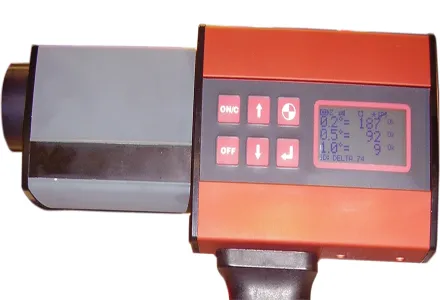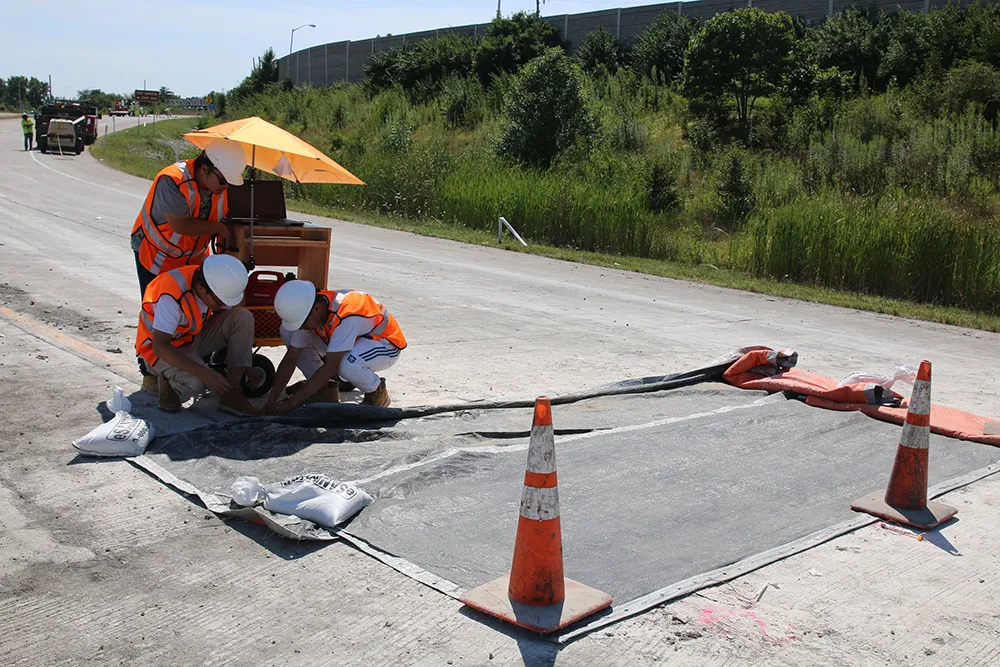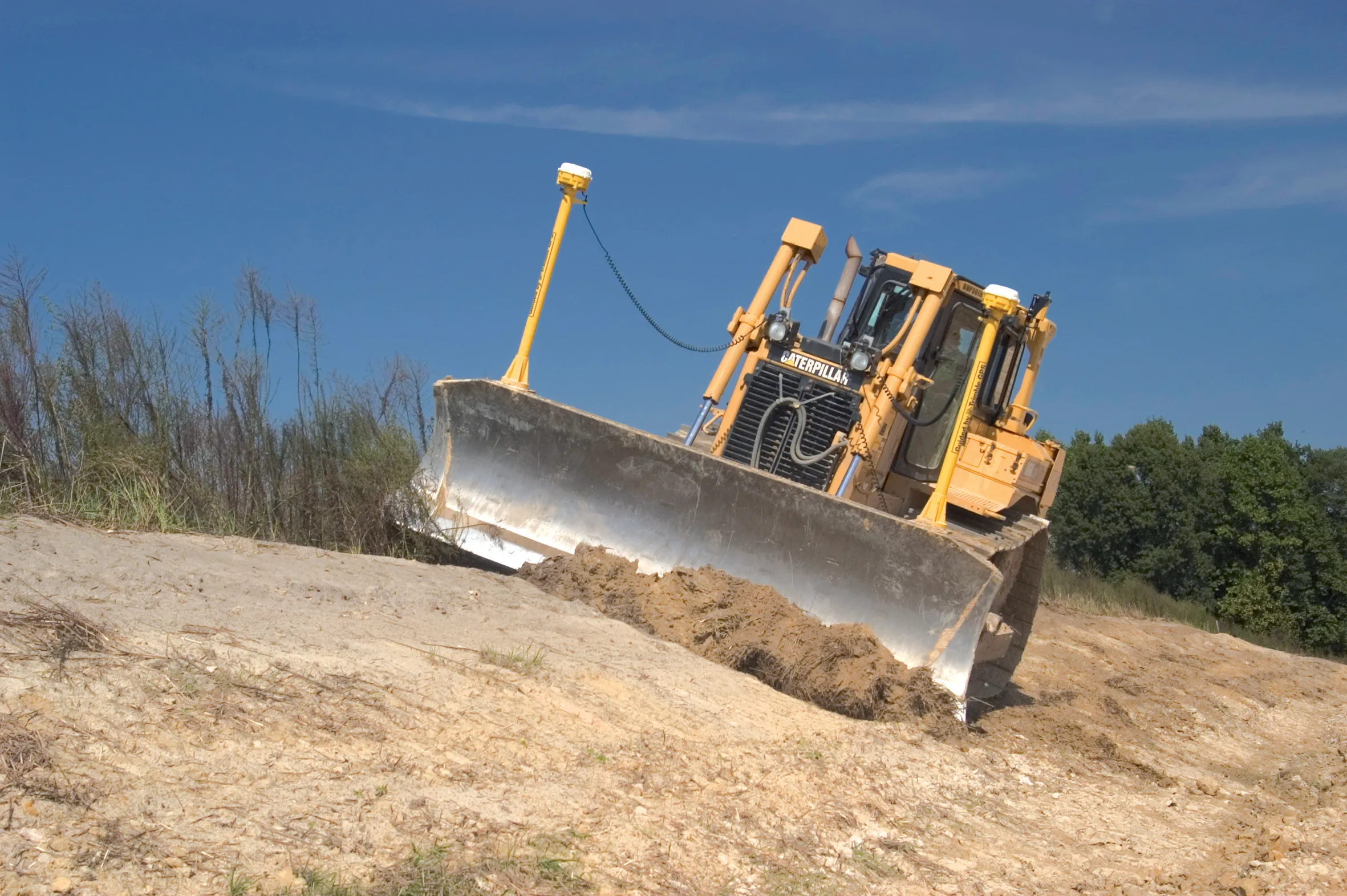Danish company DELTA is introducing its new RetroSign GR3 Retroreflectometer for quality control and asset management of road signs and retroreflective materials with laboratory precision. The company says that to achieve these goals the triple geometry retroreflectometer is offered with GPS and RFID (radio frequency identification) reader.
March 16, 2012
Read time: 2 mins

Danish company 199 Delta is introducing its new RetroSign GR3 Retroreflectometer for quality control and asset management of road signs and retroreflective materials with laboratory precision.
The company says that to achieve these goals the triple geometry retroreflectometer is offered with GPS and RFID (radio frequency identification) reader.
The handheld instrument is used for measuring the retroreflection of traffic signs. It measures the coefficient of retroreflection (RA) according to US and European standards.
"The triple geometry facilitates simultaneous measurements at various observation angles as proposed by ASTM (The3930 American Society for Testing and Materials). The RetroSign GR3 measures simultaneously at observation angles at 0.2/0.33º, 0.5º, and 1º," says DELTA.
"The point aperture geometry specified by ASTM ensures realistic and accurate readings replicating realistic driving conditions. Furthermore it enables the user to determine if a microprismatic sign sheeting material has been applied correctly.
Due to the DELTA proprietary gradient index ultra hard coating (UHC) technology the sensor response meets the ASTM 1709 requirements combining the CIE (International Commission on Illumination) eye response and CIE illuminant A." DELTA says that the RetroSign GR3 is designed to easily interface with current and future ID tagging and asset management systems, and the internal memory stores up to 250,000 readings, "which essentially means that the instrument never runs out of memory."
The company says that to achieve these goals the triple geometry retroreflectometer is offered with GPS and RFID (radio frequency identification) reader.
The handheld instrument is used for measuring the retroreflection of traffic signs. It measures the coefficient of retroreflection (RA) according to US and European standards.
"The triple geometry facilitates simultaneous measurements at various observation angles as proposed by ASTM (The
"The point aperture geometry specified by ASTM ensures realistic and accurate readings replicating realistic driving conditions. Furthermore it enables the user to determine if a microprismatic sign sheeting material has been applied correctly.
Due to the DELTA proprietary gradient index ultra hard coating (UHC) technology the sensor response meets the ASTM 1709 requirements combining the CIE (International Commission on Illumination) eye response and CIE illuminant A." DELTA says that the RetroSign GR3 is designed to easily interface with current and future ID tagging and asset management systems, and the internal memory stores up to 250,000 readings, "which essentially means that the instrument never runs out of memory."








